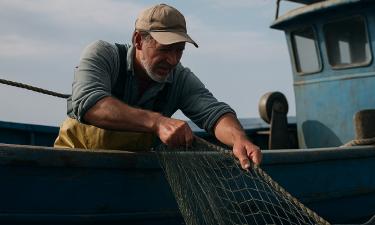Igor Ivanov, George Robertson to discuss further Russia-NATO relations
NATO Secretary-General George Robertson, who arrived in Moscow on Sunday, is getting ready to conduct negotiations with Russian Foreign Minister Igor Ivanov.
Ivanov and Robertson are to exchange opinions on the ways of furthering Russia-NATO relations in new security conditions.
The setting up of a Russia-NATO Council does not mean Russia has changed its calmly negative reaction to the alliance's enlargement, Alexei Alexeyev, Russian Ambassador at Large, told journalists ahead of Robertson's visit to Moscow.
Speaking at an international conference entitled "Russia-NATO: Prospects for Cooperation after the Prague Summit," the diplomat stressed that "all attempts to interpret the setting up of the Russia-NATO Council as Russia's resignation to the alliance's enlargement, as a compromise of some sort, are not true." At the same time, he pointed out that the new character of challenges and threats demanded joint efforts to strengthen global and regional security, and the setting up of the Council could assist this process. "The Russia-NATO Council is an important element of international security," he noted.
In Alexeyev's opinion, the positive moments in Russia-NATO cooperation include "constant political dialogue and formation of a culture of collaboration, as well as discussion of major political topics like non-proliferation of mass destruction weapons and the struggle against terrorism." For Russia and a large military-and-political alliance like NATO, the Council is a way to co-exist, said the diplomat. According to him, the interaction is based on partnership and equal rights, which means the parties not only hear but also pay attention to each other's opinion.
Subscribe to Pravda.Ru Telegram channel, Facebook, RSS!




